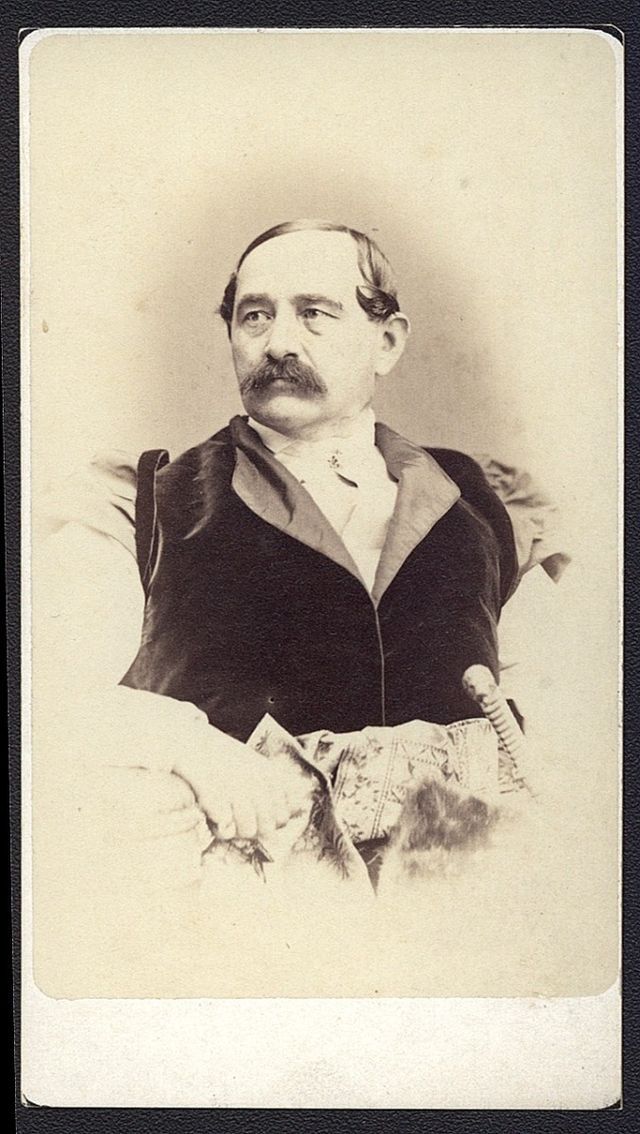Born in Kraków on the 2nd of November, 1808, into a Polonized family of German descent. He completed the St. Anne Secondary School (in 1823), and graduated from the Faculty of Law of the Jagiellonian University, receiving the title of Doctor of Civil and Canon Law in 1828. Then he continued his education in Germany, attending the lectures of, among others, F.C. von Savigny. He took part in November Uprising and after its fall worked as an unsalaried teacher of the history of Polish law at the JagiellonianUniversity. Then, following his dismissal he elaborated – together with Paweł Popiel, Konstanty Świdziński, and Aleksander Wielopolski – a memorial in defence of that institution addressed to the governments of the partitioning powers. Having established a printing-house, he issued ‘Kwartalnik Naukowy’ for two years (1835 -36). In 1837 he was a deputy to the Assembly of Representatives of the Free City of Kraków, and in 1846 he became the secretary in the Ministry of Internal Affairs in the reformed cabinet of Jan Tyssowski during the Kraków Uprising. Two years later he organized the Polish Political Congress in Wrocław, summoned in order to form a provisional national government, and participated in the Prague Slavic Congress, being interested in the idea of a confederation of Slavs within the Hapsburg monarchy (he was, for instance, the author of the draft of an address to the emperor). In the following years he became a member of the Municipal Council of Kraków, of the Austrian Imperial Council, and of the Agricultural Society, as well as deputy professor (1848-50), and then professor of history of Polish law. In 1852, after the Austrian authorities had adopted a more stringent course in their policies towards Polish institutions in Galicia, Helcel resigned from his academic post. In 1857-59, as the chairman of the Department of Moral Sciences of the Kraków Scientific Society, together with Jerzy Lubomirski he propagated the notion of transforming the Society into an Academy of Arts and Sciences. In 1860 Helcel elaborated a memorial on contemporary linguistic issues in the schools of Galicia and drafted an address comprising a political program aimed at autonomy of Galicia. In the following year, he became a deputy to the Diet of Galicia and Lodomeria in Lviv, and to the Austrian Imperial Council in Vienna, but had to resign both the seats due to ill health after several months. In 1866 he worked up a memorial for the Prime Minister Richard von Belcredi which postulated reforms aimed at a fuller autonomy of the country. Paralysed and losing his eyesight, Helcel devoted the final years of his life to scientific research, as late as 1869 coming out in defence of the religious orders threatened with removal from Kraków and founding the ‘Fortress of the Cross’ Society (Pol. ‘Warownia Krzyża’). He died in his hometown on the 31st of March, 1870. His major works include: Briefe eines polnischen Edelmannes an einen deutschen Publizisten über die jüngsten Ereignisse in Polen und die hauptsächlich bisher nur vom deutschen Standpunkte betrachtete polnische Frage (1846); Uwagi nad kwestią języka w szkołach i uniwersytetach Galicji i Krakowa (1860); Starodawne Prawa Polskiego Pomniki (vol. 1, 1856; vol. 2, 1870), and Dawne prawo prywatne polskie (1874).

